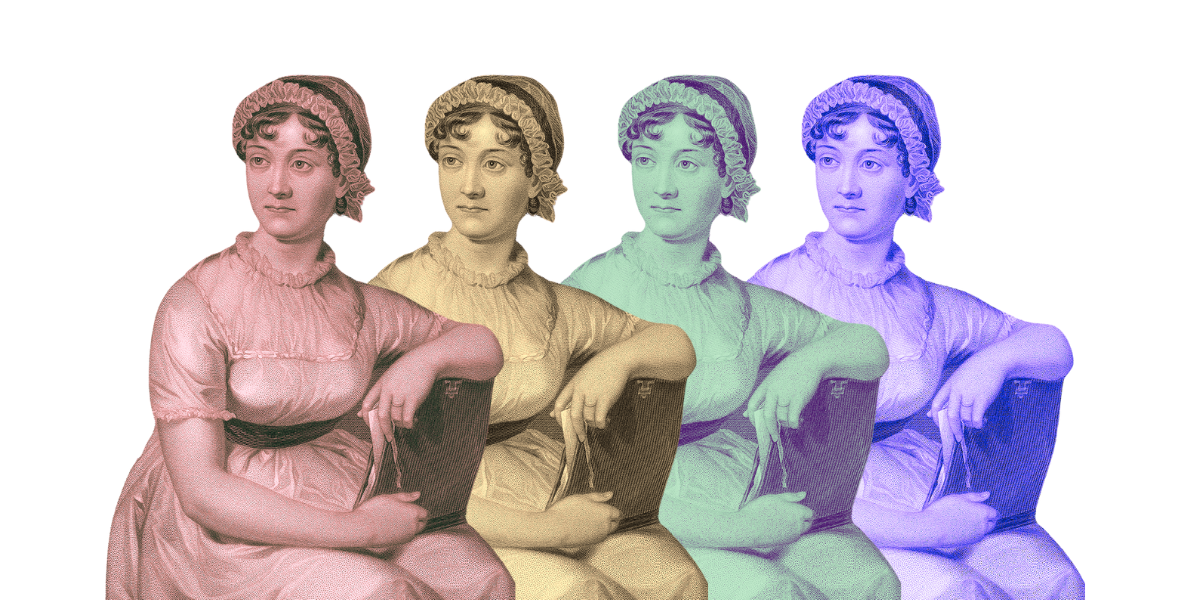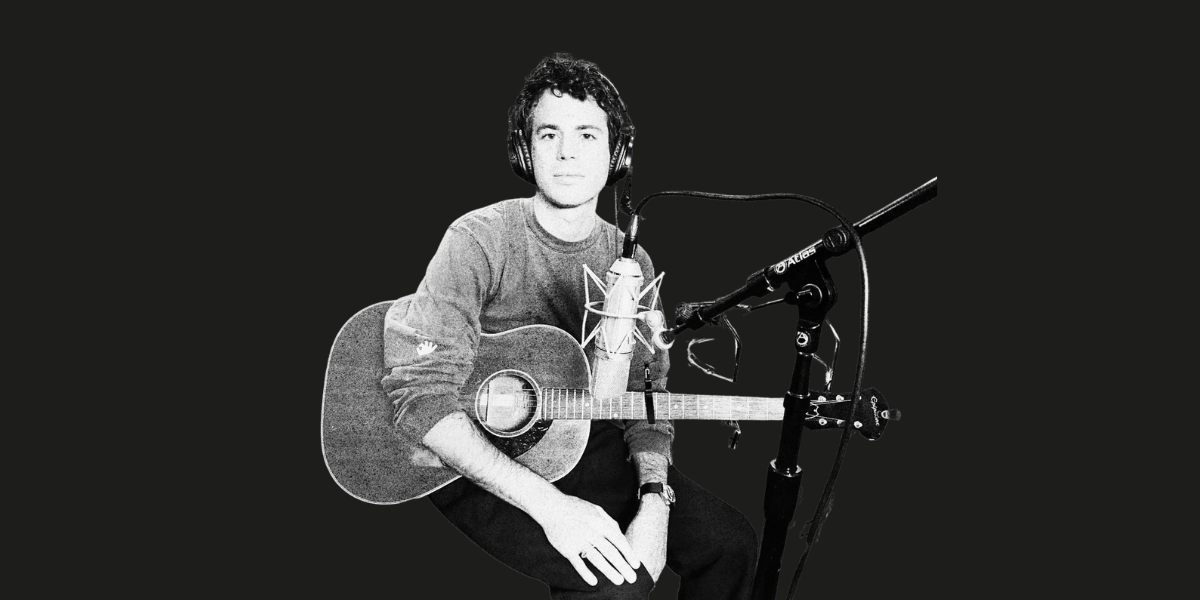Investigación exhaustiva, horas de lectura, trabajo duro en registros históricos...
Como periodista galardonada, presentadora de podcasts, oradora y autora, Celeste Headlee no es ajena a la investigación.
Su último libro,"Do Nothing" , es una profunda reflexión sobre la relación de la humanidad con el trabajo a lo largo de nuestra existencia y cómo podemos solucionar el problema actual del agotamiento . Fue escrito íntegramente en Freewrite.
Por supuesto, rastrear la trayectoria del trabajo y la existencia humana requirió una investigación extensa.
¿Y cómo encaja Freewrite en el proceso de Celeste?
Únase a nosotros para explorar cómo los periodistas abordan la investigación y cómo es un flujo de trabajo con gran carga de investigación en Freewrite.

ANNIE COSBY: ¿Puedes contarnos brevemente sobre tu trayectoria hasta convertirte en escritora?
CELESTE HEADLEE: Depende de lo que entiendas por escritora. He sido periodista durante más de 25 años. Pero conseguí mi primer contrato para un libro en 2016, y creo que fue entonces cuando me convertí en escritora, como la mayoría de la gente lo entiende.
Ahora estoy trabajando en mi cuarto libro completo, y también he publicado dos libros más cortos. Además, soy orador público, así que escribo discursos constantemente.
Básicamente, la mayor parte de lo que hago, incluido el periodismo, implica escribir de algún tipo.
AC: Do Nothing no fue tu primer libro, pero sí el primer libro que escribiste en Freewrite.
CH: Sí, Do Nothing fue el primer libro que escribí de principio a fin en mi Freewrite.
Y requirió mucha investigación. Tuve que leer un montón de libros y registros laborales extremadamente aburridos sobre cómo la gente pasaba sus días en la antigua Grecia y todas esas cosas para que nadie más tuviera que hacerlo.
AC: [risas] Eso se agradece mucho.
CH: Sí, voy a sufrir por ti.
Pero muchos de los desafíos que encontré son los mismos que en cualquier investigación anterior a la Revolución Industrial. Si analizamos una narrativa escrita por un terrateniente en la época medieval sobre el comportamiento de sus siervos, no es del todo precisa.
Es necesario encontrar los registros reales de estas cosas, que a menudo ninguna biblioteca en el mundo tiene, excepto tal vez la Biblioteca del Congreso, y tal vez incluso ni siquiera la Biblioteca del Congreso, porque muchos de estos textos son anteriores a Estados Unidos.
La otra cosa es que hay que hacer las preguntas correctas. Ese es siempre el reto en la investigación.
Y necesitas ser lo más imparcial posible. Debes asegurarte de no distorsionar tu investigación, de no buscar solo la respuesta que deseas.
Así que tuve que hacer preguntas no como "¿Trabajaba más la gente antes de las fábricas?", sino más objetivas: "¿Cuántas horas al día trabajaba el trabajador manual promedio?". Y gran parte de esto depende del nivel de ingresos o la clase social, así que tuve que hacer estas preguntas para cada grupo de personas.

Fotografía de Celeste Headlee
AC: En Freewrite, a menudo nos encontramos con la oposición de quienes realizan trabajos de investigación intensivos, quienes afirman que los dispositivos sin distracciones no les servirían por la necesidad de consultar información. Obviamente, no estamos de acuerdo y creemos que la investigación no debería realizarse simultáneamente con el borrador . Lo haces con regularidad, ¿cómo es tu proceso?
CH: Primero hago una investigación y luego creo un esquema y ordeno todos mis datos, todas mis citas, todas las estadísticas en el esquema.
Para cuando me siento a escribir en mi Freewrite, ya tengo todo en orden e impreso en papel. Lo coloco en pequeños soportes frente a mí y, cuando termino de usar una cita o un recurso, lo tacho con un bolígrafo.
Obviamente, luego tendrás que revisar el texto y modificarlo durante la edición o añadir citas, y contrato a un verificador de datos. Francamente, ese tipo de trabajo no requiere mucha concentración. Pero la parte de la escritura requiere toda mi capacidad ejecutiva.
Así que me quedé sentado en el Freewrite, sin poder buscar nada rápidamente en internet. No poder volver atrás, copiar y pegar, y todo eso, me liberó. Y me sentí mejor.
Antes, como periodista, te sentabas frente a la computadora y grababas y bla, bla, bla, sacabas fragmentos de entrevistas... Terminabas y estabas exhausto. Simplemente te sentías agotado.
Esto se debe a que, A — las pantallas de computadora son muy, muy agotadoras para el cerebro y para los ojos.
Y B — es porque tenía mil millones de pestañas abiertas. ¿Por qué creemos que debemos mantenerlas abiertas? ¿De verdad creemos que ahorramos tiempo? Es absurdo.
Pero la forma en que me siento después de pasar varias horas escribiendo sin distracciones en Freewrite está muy lejos de cómo me siento cuando me levanto de la computadora al final del día.

AC: Entonces, incluso si tu escritura se basa en una investigación, el entorno libre de distracciones ayuda.
CH: Y no sólo eso: escribes mejor porque puedes hacerlo de una manera sencilla: principio, desarrollo y final.
Estás sentado, con un esquema delante, y estás escribiendo la historia. Dices: «Había una vez una mujer que se enfermaba constantemente y no entendía qué le pasaba...».
Te da un tipo de continuidad que no consigues cuando estás constantemente cambiando de pestaña, buscando cosas o usando un diccionario de sinónimos.
Ya sabes, dice Stephen King, cualquier palabra que encuentres en el diccionario de sinónimos es la palabra equivocada.

Estoy parafraseando completamente su maravilloso libro sobre escritura , pero básicamente dice: deja de consultar el diccionario de sinónimos. Usa tu propia voz.
Usar Freewrite te obliga a hacer eso. En esencia, lo que estás haciendo es el primer borrador de mierda de Joan Didion.
Y crees que estás haciendo un primer borrador pésimo, pero lo bueno es que no es tan malo como pensabas. Es tu propia voz. Estás explicando lo que sucede y contando la historia con tus palabras, y eso requiere mucha concentración.

AC: Y cuando te pones a editar, a veces te sorprendes al descubrir, espera, ¿eso salió de mi cabeza? Como dijiste, no te agota como lo es esforzarse por la perfección y editar sobre la marcha.
CH: Especialmente si eres escritor profesional o escribes cualquier tipo de forma regular, aunque sea trabajo creativo, sigue siendo trabajo. Y por eso puedes sentirte aterrado, ¿verdad?
Con Freewrite, no siento ese miedo. No me da miedo sentarme frente a él, porque no me va a hacer sentir fatal.
Trabajar con un instrumento que no te agota… Puedo dejar mi Freewrite y sentirme bien. Puedo dedicarme a otras cosas ese día, algo que es totalmente imposible si me paso cinco horas sentado frente al ordenador.
Se trata de hacer que escribir sea una experiencia placentera en lugar de sólo una carga.

































